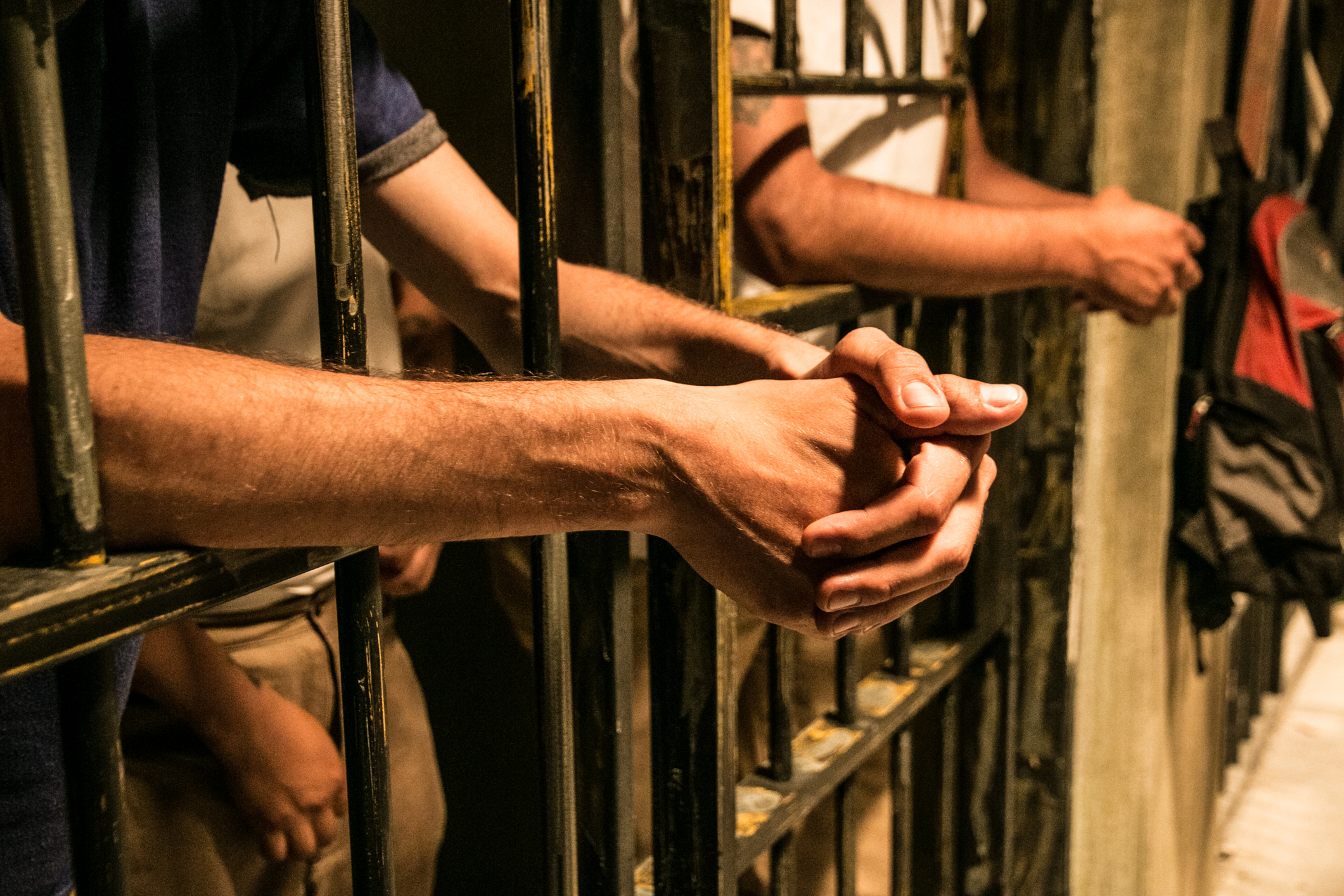Twenty-three years later, Colombia ratifies the UN Protocol against torture
Laura Quiza Ortiz, current Master of Public Policy student, explains what Colombia’s recent ratification means for the country.

On 13 November 2025, Colombia’s Permanent Representative to the United Nations took the traditional handshake photo with a UN official after formally depositing the country’s ratification of the Optional Protocol to the UN Convention Against Torture (OPCAT).
Far from a diplomatic cliché, this moment marks the end of a 23-year struggle by Colombian civil society to push the state to fully commit to the international framework for preventing torture. Local and international human rights organisations long argued that being part of the general UN Convention was not enough, and that existing measures fell short of protecting those deprived of liberty. It took Colombia 23 years and the first leftist government to get this done, but the question now is whether the State is ready to uphold these new obligations.
The OPCAT
The Protocol was adopted by UN member states in 2002 as a supplementary treaty to the United Nations Convention against Torture. 175 states are parties to the main Convention, however only 95 have joined the supplementary Protocol, and there are clear reasons for this gap.
The treaty establishes a 25-member Subcommittee responsible for visiting places where people are deprived of liberty, advising and assisting States Parties in creating and strengthening national preventive mechanisms, and issuing recommendations to enhance capacity. To fulfil its mandate, States Parties must grant the Subcommittee unrestricted access to information on the number, location, treatment, and conditions of detainees, unrestricted access to all detention facilities, the opportunity to conduct private interviews with detainees and other relevant individuals, and the freedom to choose which places to visit and whom to interview.
A prison system in crisis
Colombia faces formidable obstacles to implementing these standards. The country’s prison system is already under severe strain. The National Prison Institute (INPEC) oversees regular prisons, while transitory detention centres, which hold individuals awaiting trial, are run by the Attorney General, and police stations hold individuals awaiting trial. However, overcrowding in regular prisons has led to the use of these transitory centres to house prisoners long term. As a result, all detention facilities are now overcrowded.
According to the International Committee of the Red Cross, INPEC-run prisons and jails operate at approximately 22% over capacity, while the Ombudsman’s Office reports that police stations and temporary detention facilities are more than 50% over capacity.
Preventive detention— a measure conceived in Colombia’s criminal code and used to prevent suspects from obstructing justice, posing a danger, or fleeing—adds to the population, meaning detention centres are filled not only with convicted offenders but also with people awaiting trial.
In addition to that, the 2023 Country Report on Human Rights Practices of US Department State found significant human rights issues in Colombia. These included credible reports of torture or cruel, inhuman, or degrading treatment or punishment by government security forces. They also identified that the overcrowding situation has led to inhuman conditions in pretrial holding facilities, with deficiencies in the supply of drinking water, sanitation, medical, and psychological services, and an unreliable supply of medicines.
What still stands in the way
There is an absence of a centralised record of the number of people in prison or detention in Colombia, as each institution maintains its own data. While INPEC’s data is considered reliable, it does not include individuals held in other facilities, such as the transitory judicial detention centres. This fragmentation makes it difficult for the State to provide the UN Subcommittee on Prevention with accurate, comprehensive, and timely information on the number of persons deprived of liberty, their conditions, and treatment.
There have been attempts to reform the system, and in February 2024, the Colombian government declared a constitutional prison emergency; however, little progress has been made, and the problem persists. Now, with the UN having unrestricted access to these facilities, the State faces increased pressure to address the issue, which will require significant investment in infrastructure, personnel, and training. With a fiscal deficit of 6.7% of the GPD in 2024, this will be hard to achieve in the short term.
Another important challenge concerns the effective prosecution of torture. In Colombia, the legal definition of the crime has been the subject of debate, including in exchanges with the UN Committee against Torture, complicating its consistent application. The Committee has reported that more than 50 percent of alleged acts of torture between 2019 and 2021 were attributed to State authorities, highlighting the need for stronger accountability mechanisms.
Improving prosecution is not straightforward. The justice system continues to face limited institutional capacity, insufficient resources, and recurring difficulties in properly classifying cases as torture during the initial stages of investigation. As a result, many incidents are processed under lesser offences, which reduces the likelihood of appropriate sanctions and undermines victims’ access to justice. Addressing these shortcomings will be essential if Colombia is to meet the standards required under OPCAT.
Although ratification is an important step, it is only the beginning. In order to fulfil its obligations, Colombia must improve detention conditions, strengthen accountability for abuses, and standardise data collection. The Subcommittee’s unfettered access to detention facilities puts the spotlight squarely on the State. With international eyes watching, there is now both an opportunity and a pressure to make real change.

